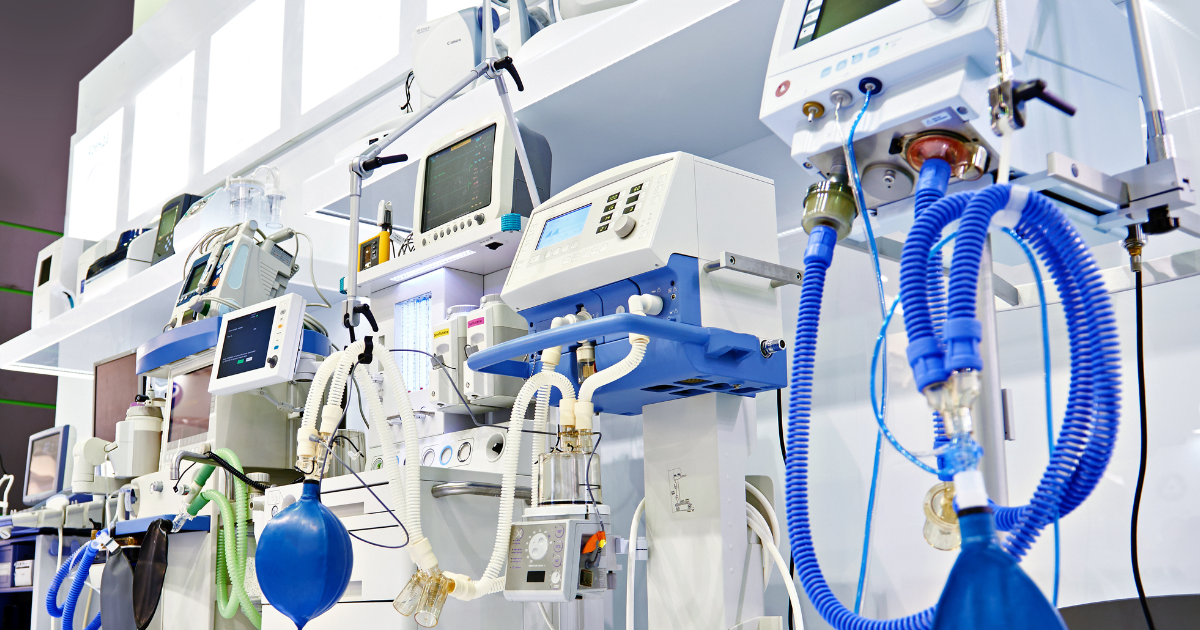In the News: New Healthcare Opportunities and Challenges

Innovative technology, from artificial intelligence to cutting-edge medical devices, offers great promise to the healthcare industry. But because these technologies are so new, they also introduce challenges. Healthcare organizations that want to take advantage of breakthrough technology must stay informed of both opportunities and risks to continue to provide effective patient care.
This month’s news roundup explores examples of some of the new opportunities for healthcare organizations, as well as some of the challenges they pose.
FDA to Expand Total Product Life Cycle Program
The FDA announced plans to expand its total product life cycle advisory program (TAP), which aims to speed the development of innovative medical devices. The expansion will begin in October with radiological and ophthalmic devices, and add orthopedic devices in January 2025. This follows the successful testing of TAP with cardiovascular and neurological devices, during which the FDA enrolled 46 breakthrough-designated devices.
Healthcare Is an ‘Easy Victim’ for Ransomware Attacks. How Hospitals Can Mitigate the Damage.
Ransomware attacks on healthcare have surged, threatening patient safety by disrupting hospital operations and forcing healthcare leaders to make tough choices about whether to pay ransoms to restore services. The healthcare sector is particularly vulnerable due to its increasingly connected environment, shortage of cybersecurity professionals, and the rise of ransomware-as-a-service, which makes it easier for criminals to launch attacks. Hospitals that proactively update their systems and plan for cyberattacks can better protect themselves.
Considerations for the Responsible Use of Generative AI in Healthcare
Generative AI has the potential to boost efficiency in healthcare, but there are concerns about the transparency of the data these tools are trained on, which could lead to biases. Experts emphasize the need for strong governance and clear processes as AI adoption grows. While AI can enhance tasks like clinical note-taking and data management, it’s crucial for organizations to understand the risks, ensure data quality, and have human oversight in place.
FDA Continues Crackdown on Plastic Syringes Made in China
The FDA has taken action against imports of plastic syringes from China due to quality concerns, including leaks and breakages. The agency has issued import bans on several Chinese manufacturers and sent warnings to U.S. companies like Cardinal Health and Medline for selling unauthorized syringes. Some companies have since recalled the affected products.

